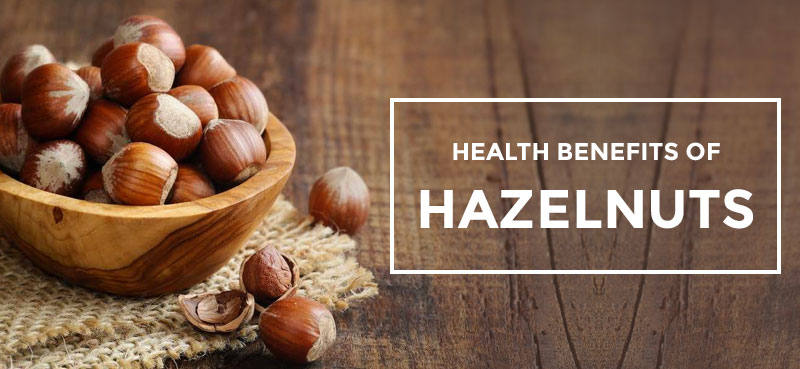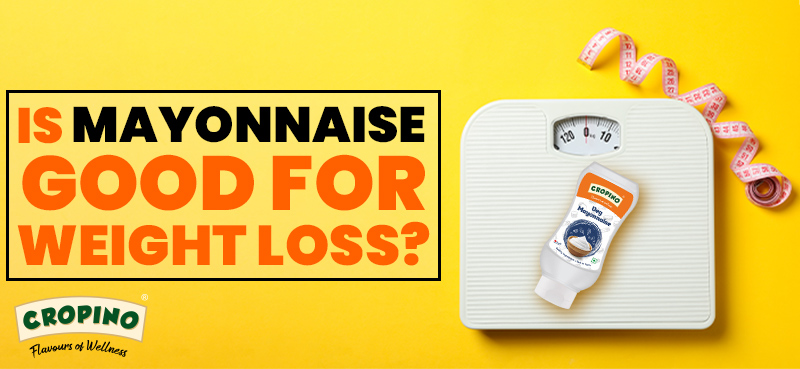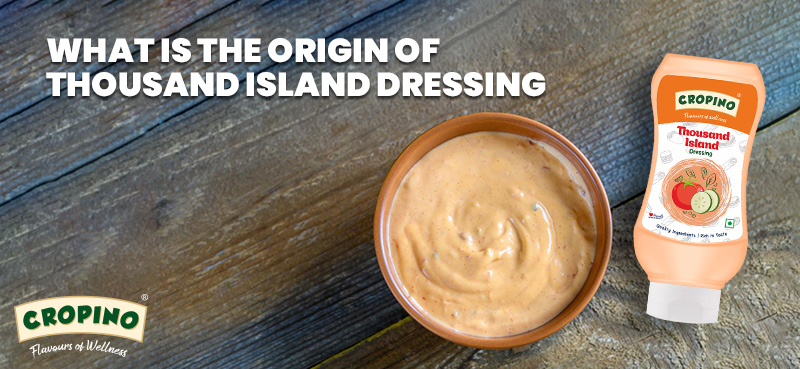Peanuts belong to the family of legumes, i.e. Family Leguminosae. There are different types and varieties of nuts available in the market. But, peanuts are loved by people of all ages, the young and old, mainly because of the health benefits and delicious taste as well.
Statistics About Heart Disease and Heart Attacks
- 1 person dies of a heart attack every 33 seconds in India.
- People who consume peanuts or peanut butter twice a week have a 15% less risk of getting heart disease.
- The occurrence of deaths related to heart diseases has increased by more than 34% in the past two decades.
It is crucial to keep your heart healthy. Including peanuts as a part of your diet, either in raw form or as a peanut butter, is an easy, smart, and tasty way to keep your heart functioning properly. Still many think that peanuts good for heart health? or how do peanuts reduce heart disease. Let’s clear all your doubts.
Here are the Health Benefits that Peanuts Provide to Your Heart:
Peanuts help to reduce the bad cholesterol in the blood
- Peanuts are highly rich in monounsaturated fatty acids and free from trans fats.
- High levels of bad cholesterol can result in the deposition of fats in the arteries, thus causing a blockage, which ultimately leads to atherosclerosis.
- Atherosclerosis causes thickening of the arteries resulting in reduced blood flow, which may lead to heart attacks, stroke, and blood clotting.
- Being a rich source of monounsaturated fats, peanuts, and classic peanut butter spreads help to lower the bad cholesterol levels in the blood.
- The fibers and proteins present in peanuts also help to lower LDL (low-density lipoprotein) cholesterol in the blood, which is dangerous for the heart.
Peanuts lower the risk of diabetes
- The glycemic index of peanuts and peanut butter is low.
- Having a low glycemic index means that it does not cause a sudden spike in blood sugar level.
- Consuming peanut and classic peanut butter spread in limited amounts has proved to lower the risk of type 2 diabetes.
Also read: Is Peanut Butter Good for Diabetic
Rich source of antioxidants
- Peanuts are rich in antioxidants like resveratrol, phytic acids, isoflavones, vitamin E, etc.
- These antioxidants help protect the heart from damages caused due to free radicals.
- Antioxidants are associated with a lower risk of cardiovascular diseases.
Anti-inflammatory effect
- Inflammation increases the risk of heart diseases.
- Dietary fibers, arginine, vitamin E, magnesium, and phenolic compounds present in peanuts help fight inflammation.
Lower blood pressure
- High blood pressure increases the chances of heart attacks and cardiovascular diseases.
- The phytochemicals like resveratrol and phytosterol, and minerals like potassium and magnesium, help to keep the blood pressure under check. These minerals are available in peanuts and peanut butter.
If you are looking to keep your heart healthy, including peanuts in your diet is a wise decision. One way to do it is through using CROPINO classic peanut butter spread, available in both crunchy and creamy variants.
Rich in Vitamins and Minerals
- Vitamin B3
- Vitamin B5
- Vitamin B6
- Foliate
- Magnesium
- Manganese
- Copper
- Iron
- Zinc
- Potassium
It will keep you healthy and your heart safe.















